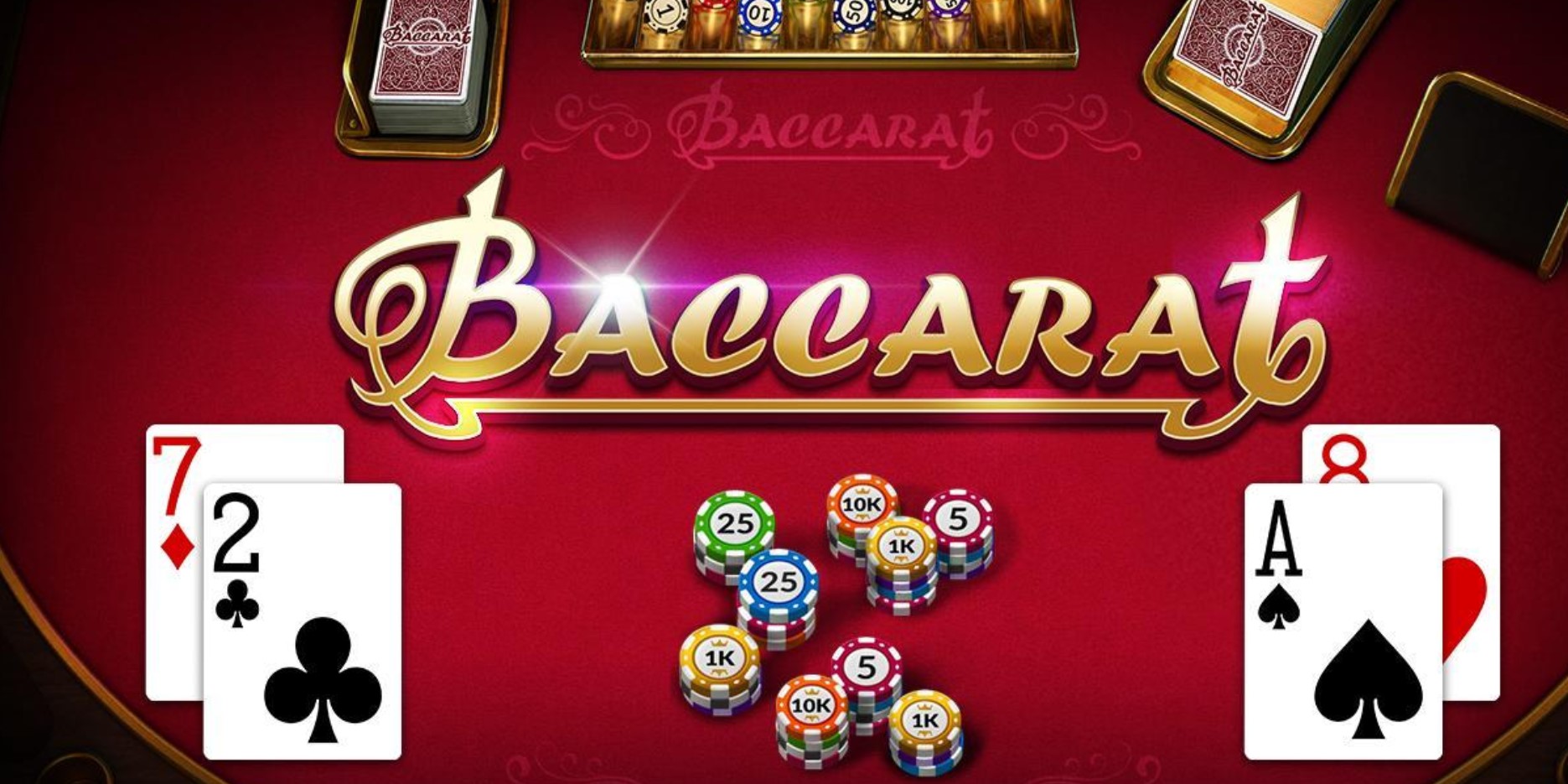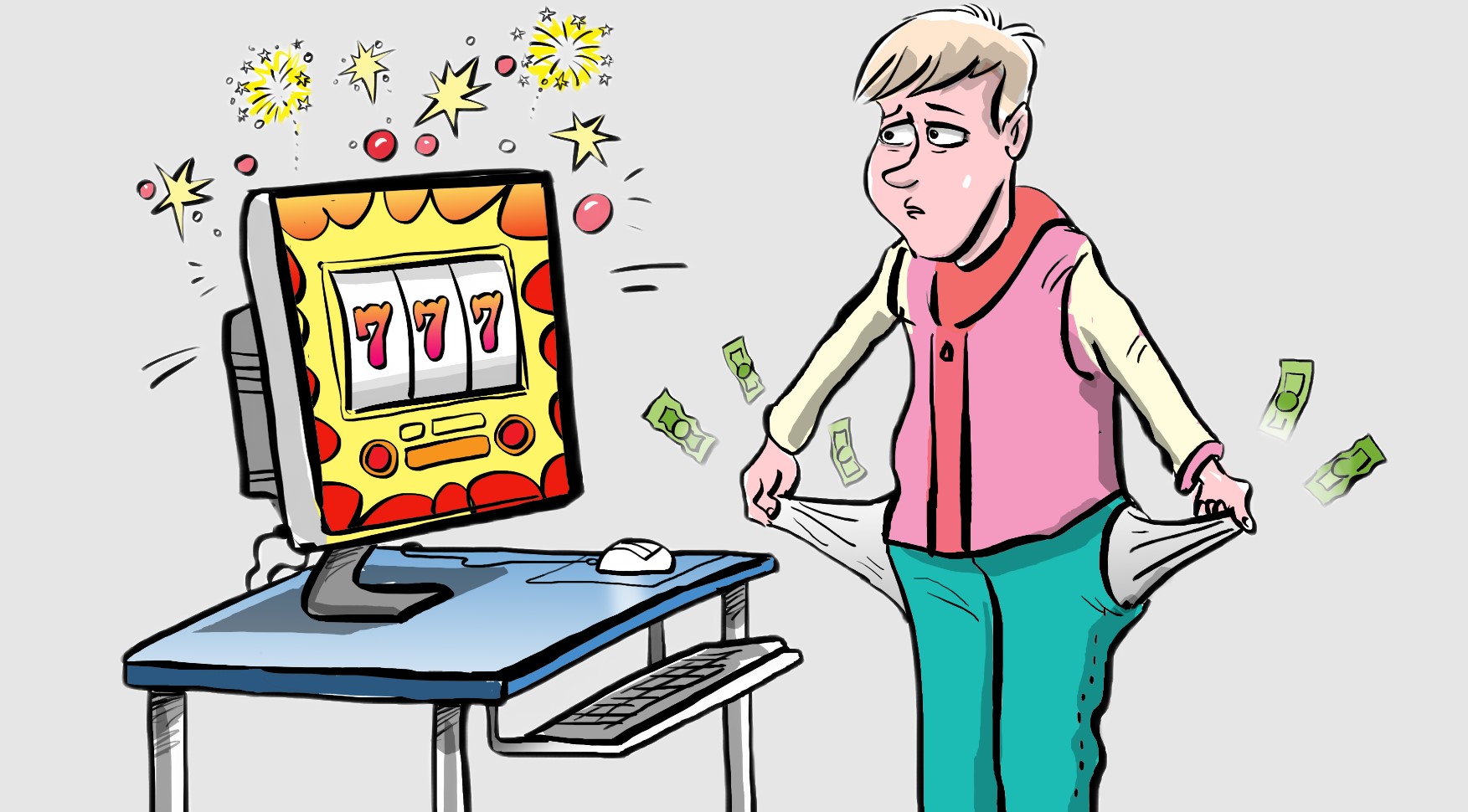Uduş slotlarını necə seçmək olar: Mostbet-dən sirlər
Mostbet Uduş slotları seçməyin tərəqqi üçün strateji yollarını və dəyərli məsləhətləri öyrənmək lazımdır. Bu ətraflı qılınmış rəhbərlikdə, sizi əyləncəli bir oyun səyahətinin ən yaxşı seçimləri üçün gücləndirmək üçün sirlər, strateyalar və ekspert məsləhətlərə nümayiş etdiririk.
Ən yaxşı Baccarat strategiyaları: uğurlu mərclərin sirləri
Baccarat dünyasına xoş gəlmisiniz, burada strategiya kartların rəqsində təsadüflə qarışır. Bu ətraflı qılmağımız rehberdə Ən yaxşı Baccarat strategiyaları: uğurlu mərclərin sirlərini açıq etməkdəyik. Siz qabaqcıl Oxumağa davam
Uğurlu rulet oyununun sirləri: daha tez-tez necə qazanmaq olar
Rulet oyununun qərəhli dünyasına xoş gəldiniz, burada təsadüf strategiya ilə üz-üzə gəlir. Bu ətraflı rəhberdə “Uğurlu rulet oyununun sirləri”ni açıq edir və daha tez-tez qalib Oxumağa davam
Azərbaycanda onlayn kazinolar: mövcud vəziyyət və perspektivlər
Onlayn kazinoların dinamik dünyasında Azərbaycan, ənənəni müasir oyun dalğası ilə birləşdirən maraqli bir mənzərə kimi qalır. Bu məqalə Azərbaycanda onlayn kazinoların cari və gələcək vəziyyətini Oxumağa davam
Onlayn kazinolarda fırıldaqdan necə qaçınmaq olar: Təhlükəsiz oynamaq üçün məsləhətlər
Təhlükəsiz onlayn kazino təcrübəsi üçün riskləri və tədbirləri anlamaq və təşviq etmək vacibdir. Bu bölmədə, Onlayn kazinolarda fırıldaqdan necə qaçınmaq olar: Təhlükəsiz oynamaq üçün məsləhətlər Oxumağa davam
Onlayn kazinolarda kredit kartı saxtakarlığından necə qaçınmaq olar
Onlayn kazinoların dinamik dünyasında, kredit kartı məlumatlarınızın təhlükəsizliyi ən vacib məsələlərdəndir. Bu məqalə, onlayn qumar dünyasında təhlükəsiz bir şəkildə gəzmək üçün bilikləri təmin edən ətraflı Oxumağa davam






